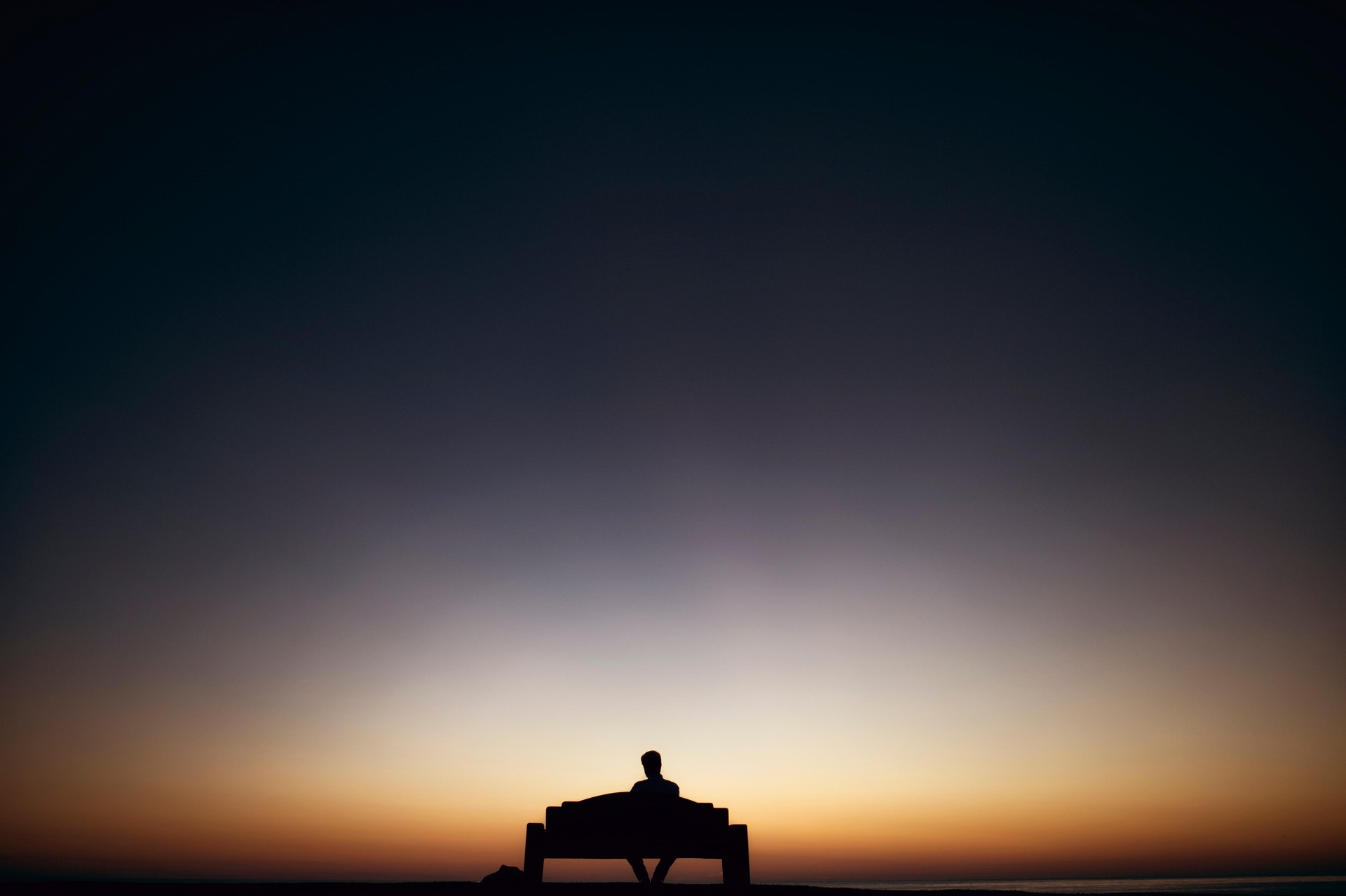An excerpt from Laurence Freeman OSB, Muddling Through, September 8, 2017, Laurence Freeman Blog
Our left-brain view of the world believes strongly in strategy. Planning and controlling the future is an uncontested goal for most modern administrators and politicians. They seek a utopian, perfect algorithm that will beat even the common image of the know-all, do-what-he-likes God. But when you see the chaos rampant in The White House or the confusion in the British government’s approach to Brexit or when you speak privately to most CEOs, the reality is very different. Behind the facade of being-in-control is the fact of fear, uncertainty and just trying to see how to muddle through from crisis to crisis without losing face or bonuses. People are generally surprised with a vague sense of gratitude to something when things work out as planned.
This is just Life, where the best-laid plans can be swept away in an instant by a hurricane, a medical diagnosis, drop in exchange rates or clicking send by mistake. No wonder we are afraid and deal with fear by embedding ourselves in secure routines which holidays only serve to reinforce.
Maybe this is where the fear of God can come to our rescue. According to Scripture it is the beginning of wisdom. Fear is a bad translation, however, because it evokes punishment or guilt. We are rightly frightened of neo-Nazis but that is a different kind of fear. The fear of God is more like the sense of vastness and vulnerability we feel looking over the edge of a high cliff, or the wonder at the moment of birth or death or the mutual declaration of love, or the night before marriage or monastic profession.
This so-called fear of God is less like ordinary fear and far closer to wonder, awe and sheer excitement at seeing our familiar world being deconstructed and transformed. It is the revealing of new ways of being that we were unaware of or skeptical about before. The parables of Jesus effect this revelation by their exaggeration and near-absurdity. [. . . .]
Yet, once we have accepted this revelation of the unknown, we feel not the anxiety and insecurity we dread and evade, but a new kind of peace and the mysterious certitude of faith. There is another way to balance the real, frightening unpredictability of life with a calm and humorous adaptability to circumstances. That is found through meditation as we make a habit of poverty and powerless-ness and discover that these qualities of consciousness are not the cause of psychological fear but the antidote to fear of all kinds, except the fear of God.
In saying the mantra, we recognize and accept the muddle of our minds and lives. Eventually, we become fearless. We walk through the minefield of life with a lighter step. In that acceptance we begin to see potential and pattern in chaos. We remember that the Spirit of God can do what management consultants cannot. It brings cosmos out of chaos and sets the experience of creativity high above the compulsion to control.
After meditation: Outside Hay Pile 1956, by Tom Hennen in DARKNESS STICKS TO EVERYTHING: Collected and New Poems (Port Townsend, WA: Copper Canyon Press, 2013), p. 136.
Outside Hay Pile 1956
Dark summer nights lead into autumn
And the frost that floated about me.
Cold air from the shadows flowed over me
Onto the sheepskin coat I wore
That smelled of the barn and tractor oil.
On my back in the hay pile
I watched the Milky Way
Turning through the far-off dark
Like a country road,
Stars billowing thick as dust clouds
Behind a pickup truck.
If someone were to ask where the road leads,
Who would dare answer?
When the big dog pushed his head into my face
I held on to his fur with both hands
To keep from falling into the sky.




